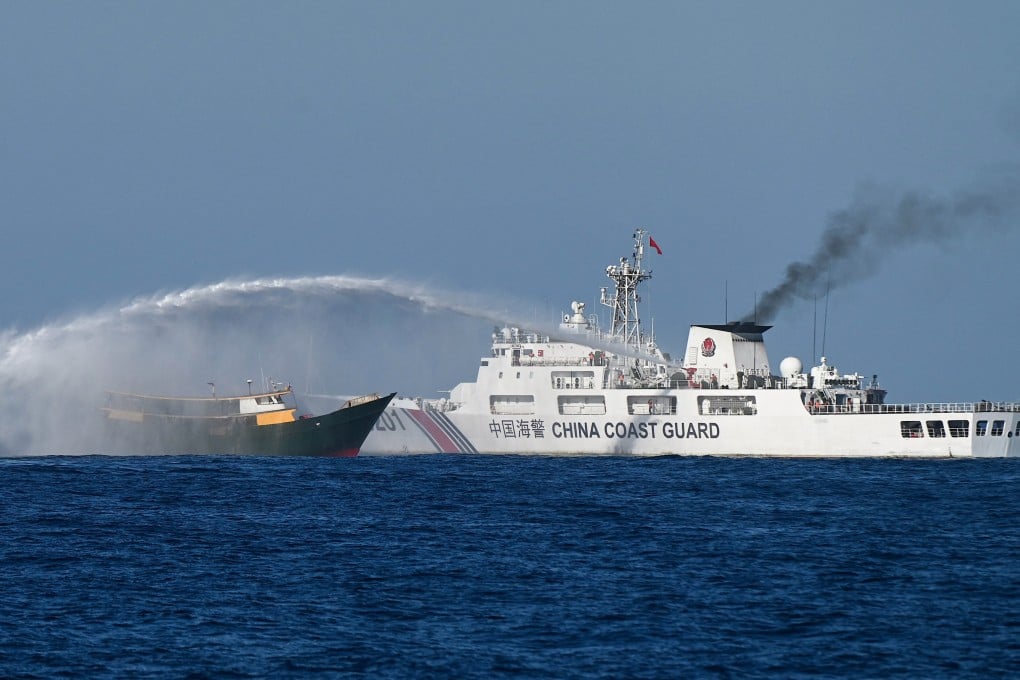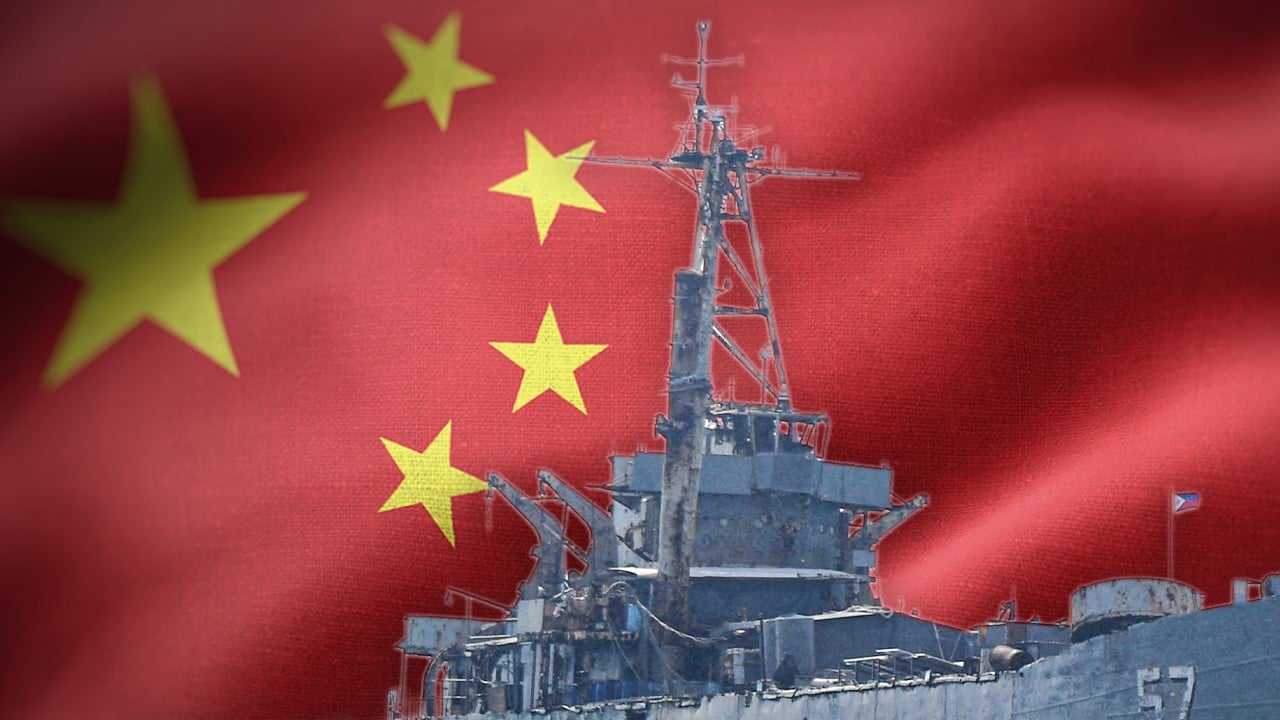Advertisement
South China Sea: why Philippines’ new legal case against Beijing may fall flat
Instead of filing a new arbitration case against China, analysts suggest the Philippines use alternative strategies, including a judicial review of the 2016 ruling
Reading Time:3 minutes
Why you can trust SCMP
7

The Philippines is reportedly planning to file a new arbitration case before the United Nations regarding its maritime conflict with China, but analysts have questioned the necessity of the move, pointing to existing issues in a 2016 ruling that Beijing rejected.
They argue that Manila should have taken immediate steps to clearly define boundaries after its tribunal victory, instead of letting Beijing set the terms in the disputed South China Sea.
Andres Centino, the Presidential Assistant on Maritime Concerns, was quoted in a Financial Times report last week saying the Philippines was preparing a new arbitration case against China over alleged violations of international maritime law.
Tensions between Manila and Beijing have increased in the past year, with the emergence of new flashpoints in the South China Sea and several clashes between Philippine servicemen and Chinese coastguard personnel, including an incident in June where a Filipino sailor lost a thumb.
In November, Manila’s Defence Secretary Gilberto Teodoro said China was “stepping up pressure on the Philippines to concede its sovereign rights in the South China Sea”, adding that his country was a “victim of Chinese aggression”.
Teodoro’s statement came after Beijing’s foreign ministry published baselines around the contested Scarborough Shoal, shortly after Philippine President Ferdinand Marcos, Jnr signed two maritime laws defining the country’s maritime zones and sea lanes.
Advertisement
